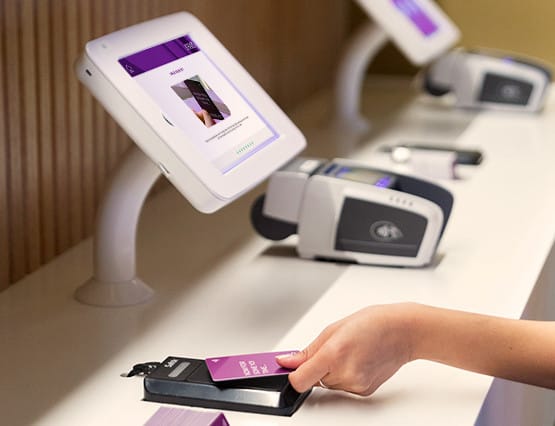Customer acceptance of self-service technologies in Swiss hotels
Self-service technologies are becoming increasingly important in the Swiss hotel industry and contributing to improving customer experience. Hotel management should manage challenges and opportunities when adopting SST in Swiss hotels.

Topic
This paper focuses on customer acceptance of self-service technologies in Swiss hotels. This paper argues that the responsibility for making digital advancements and adopting customer preferences lies with the management of the hotels. A qualitative empirical study was conducted to investigate which elements affect customers’ intention to use self-service technologies. Thus, the following research question has been raised in this study: What elements influence customer’s decisions to use self-service technologies over human interaction services in Swiss hotels?
Relevance
Self-service technology is adopted in various industries, thus the question arises if the hotel management shall introduce self-service technologies also in hotels and how customers would react to this change. Providing better and more efficient services to customers is the key to having repeat customers, therefore the use and adoption of self-service technologies require a more detailed focus in the hotel industry. In addition, hotels are interested in cutting costs in the long term, offering personalized services to their customers and capturing various customer segments.
Results
It was found that customers are willing to use self-service technology, however, it mainly depends on the customer’s age, experience with technology, the purpose of stay and hotel category. Furthermore, various elements have been identified that influence customer’s intention to use self-service technologies such as hedonic value, attitude, perceived usefulness and ease of use, perceived risk, technology anxiety, need for interaction and perceived control. The following elements were identified through qualitative research: Social change, recommendation, complaint management, efficiency, functionality, price, ease of use, need for interaction and personal touch. The results show that Swiss hotels need to make digital improvements and adapt to customer preferences. Overall, a hybrid set-up has been recommended as this would lead to a better outcome and customer experience.
Implications for practitioners
- Ensure technical requirements are in place when self-service technologies are adopted in hotels
- Hotels should consider different price categories when self-service technologies are adopted as it will serve as an incentive for more price-sensitive customers
- Adoption of self-service technologies will also serve as a support for customers who want to avoid human interaction and skip waiting lines. Therefore, hotels should make use of a hybrid setup.
Methods
The Master's thesis's exploratory study approach aimed to have a better understanding of how customers use self-service technologies in hotels and to generate new information in this area. Semi-structured interviews were employed as the main way of data collection in qualitative research approaches. The use of self-service technologies, the digital experience in Swiss hotels and the overall hotel experience were all included in the questionnaire. People from various age groups, genders, and occupational areas participated in twelve interviews. Using inductive thematic analysis, the interviews were transcribed and examined. Line-by-line coding, modification, and summarization of the codes were performed. In combining the nine dimensions, the code tree was produced.
